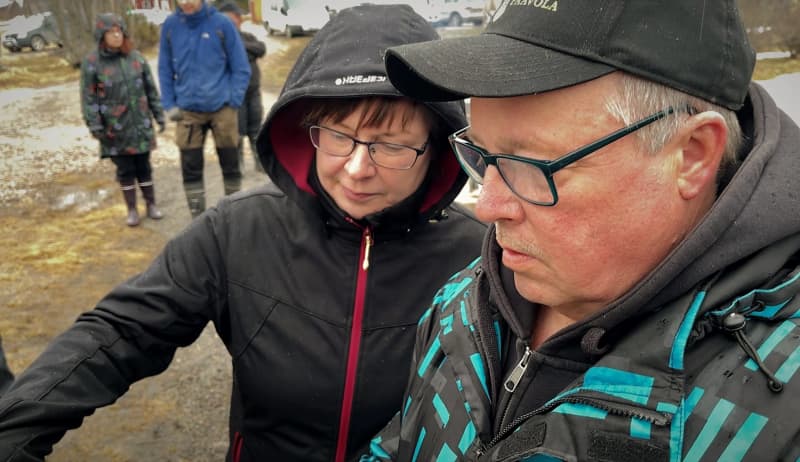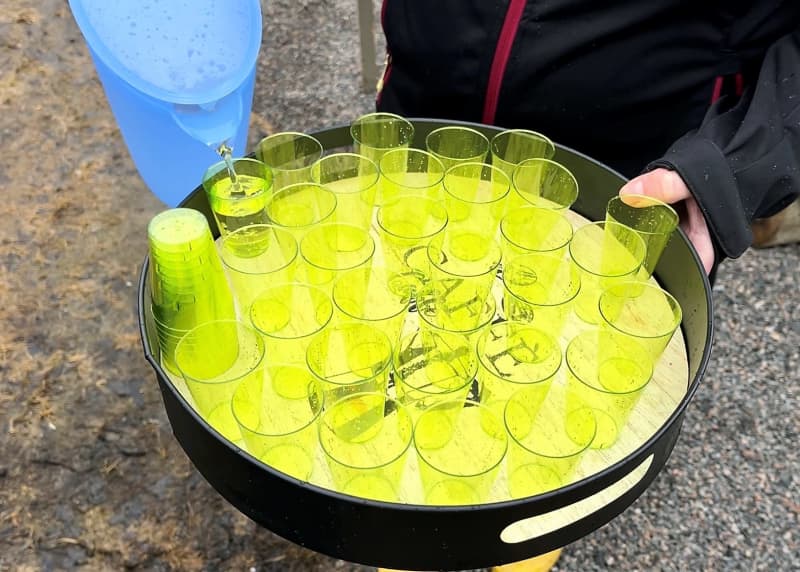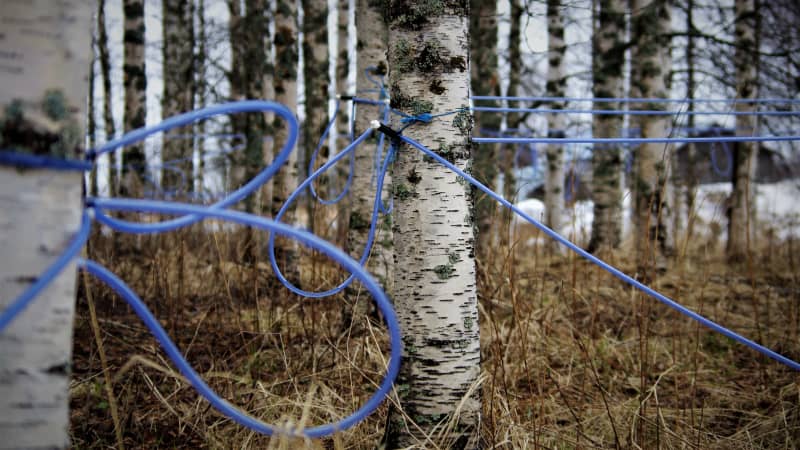
A model for the wider utilization of natural products has been sought from, among others, Estonia. The challenge for Finnish products is still too small production quantities and high costs.
Sap flows leisurely from the side of a birch tree in the village of Vehu, Soini in South Ostrobothnia.
There are several groups of birches in the grounds of the Nature Paavola farm.
Pipelines cross between the trees, along which the sap flows into the tanks. This spring, though, only as a model.
Five years ago, the juice business, which started groping on a farm, was already getting up to speed, but the corona virus, and now the economic situation, which has tightened the purse strings of consumers, have slowed down the pace.
– The economy affects, because the product is more expensive. Our product is easily left on the shelf when there is a cheaper one next to it, says Ari Aittolampi.
The small scale of production and the resulting high price are key obstacles to a wider commercial breakthrough of natural products.
Model from Estonia
For years, efforts have been made to extract greater commercial benefits from natural products through various projects.
– The biggest bottleneck is the logistics of the collection. How to get enough raw material for a large-scale food industry needs to be solved, says Viirimäki.
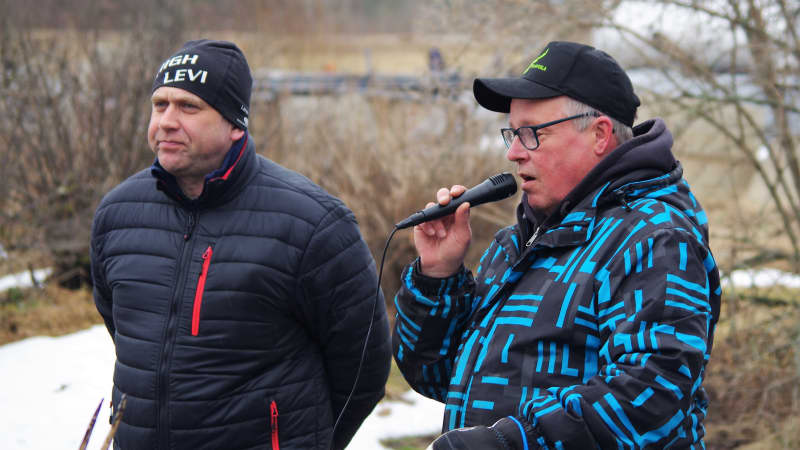
Entrepreneur Ari Aittolampi lists a couple of other factors that stand in the way of development.
– My marketing skills are bad, that’s probably the biggest thing. Then the price and the rule-Finland are the ones that hold the brakes for quite a long time, lists Aittolampi.
Moving forward with cooperation
Ari Aittolampi believes that the path towards wider utilization of natural products would also be smoothed by closer cooperation between entrepreneurs in the field.
When we started working with birch sap on the farm, it was difficult to get information. Few operators in the industry were not suitable for company visits, and in the beginning the lesson had to be learned the hard way.
Now the attitudes are already opening up.
– In the first year, when there was no knowledge and skill, most of the harvest was ruined, Aittolampi recalls.
In their own company, Aittolammet wants to act differently; those who want to know are welcome to hear more, and the birch sap seminar organized in cooperation with the SUVI project brought a couple of dozen interested people to the venue.
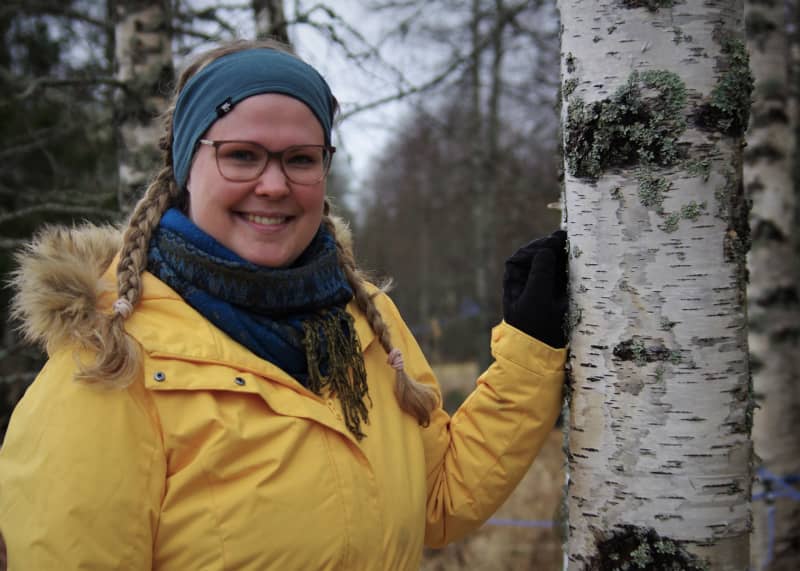
Luoma says that he has always been interested in health and well-being. This spring, especially wild herbs draw you to nature.
– When you notice what you can find in nature, it absorbs you, says Anniina Luoma.
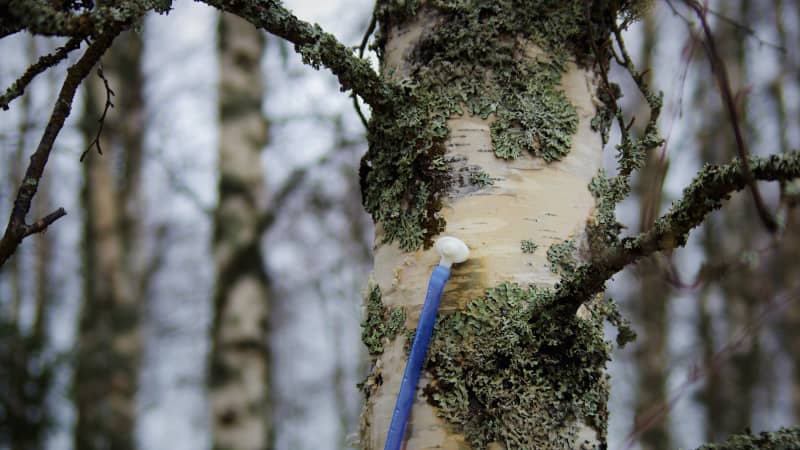
The training offer in the natural products industry is increasing
Although the utilization of natural products on a large scale in the food industry is still small, many people see a lot of opportunities in it.
There is also an increasing number of training in the natural product sector.
Anniina Luoma has applied for education and the idea that in the future one could also get credit from nature.
– I believe that it is a rising industry. People are interested in self-sufficiency and cleanliness. I believe there are opportunities.
SUVI project worker Juha Viirimäki from Metsäkeskus also believes in the same.
– We are looking for experiences and specialties, we are tired of the flavors of basic products in stores. We want to seek new flavors and health through natural products, says Viirimäki.
*The topic can be discussed until Thursday, May 4 at 11 p.m.*

